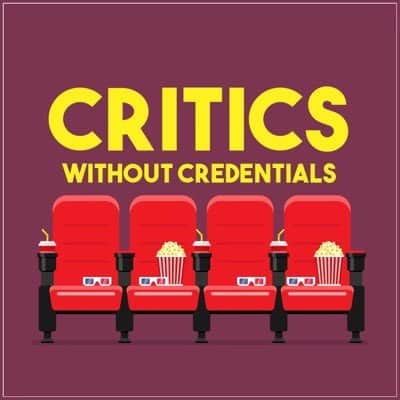- Director
- Meg Smaker
- Rating
- n/a
- Running Time
- 108 minutes
- Release Date
- n/a
Overall Score
Rating Summary
This will be one of many reviews during this year’s Sundance Film Festival, to keep up with our latest coverage, click here.
Terrorism can be seen as a straightforward decision that disregards the lives of others in favor of a belief or cause that takes priority over all else. In truth, it is a multi-faceted problem that when examined from different angles can reveal much more understanding, and even empathy, for some who were forced into an institution of blind indoctrination and portray a humanistic side of others who willingly chose to become an instrument of terror. Jihad Rehab seeks to accomplish both of these tasks as it follows the lives of several convicted Al Queda terrorists who are entered into a year-long program of rehabilitation in hopes of re-entering society.
The documentary follows the paths of Nadis, Ali, and Abu Ghanim, former inmates from Guantanamo Bay who entered the prison in their teenage years and have now begun their rehabilitation as men in their 30s. Most have familiar tales of joining Al Queda at a very young age, forced into a world of blind belief by authority figures who used their age and influence as an advantage over youths, while others are former fighters who joined on their own accord and now are forced to come to terms with the consequences of their actions. At its height, the government-sanctioned program, which was founded in 2005, boasts over 3,000 graduates with a success rate of around 85%. This is a key component for the program’s participants while during this documentary there is a shift in power that changes the entire outlook of the program and jeopardizes the graduating class. Over the course of the film, audiences learn not only of their pasts and experience how they are presented with the possibility of a new future but also see just how difficult it is to actually achieve it which rings similar to prisoners in our own society who are released back into a world that is against them.
Jihad Rehab seeks to tell a far more important story than just showcasing former soldiers attempting to reform from their past lives. Instead, there is something far more familiar and impactful existing underneath the larger message that subtly taps into a vein of empathy that is formed by enduring war on either side. Showing these reverberations from another perspective successfully evokes a far more serious emotional understanding and connection to a foreign point-of-view that is widely misunderstood or marginalized to fit another agenda.
While this is an achievement in and of itself, the true victory lies in how efficient Jihad Rehab humanizes these stories from their moment of indoctrination, incarceration, rehabilitation, and the eventual possibility of starting life again.
*still courtesy of Sundance
Check out my Critics Without Credentials podcast on iTunes and Spotify.
If you liked this, please read our other reviews here and don’t forget to follow us on Twitter or Instagram or like us on Facebook.

Trying my best to get all thoughts about TV and Film out of my head and onto the interweb.
Discover more from
Subscribe to get the latest posts sent to your email.
